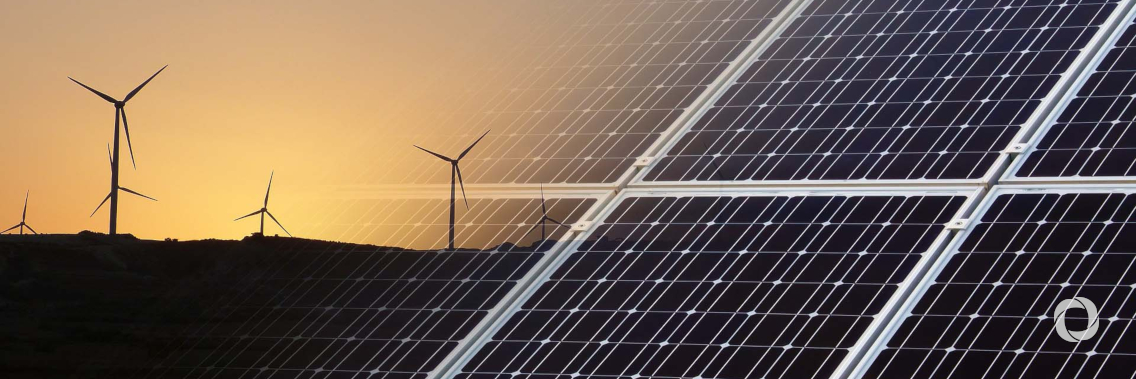On the sidelines of the UN Climate Action Summit in New York, the Board of Directors of the Africa Renewable Energy Initiative (AREI) discussed the continent’s huge new energy potential. Since 2017, the AFD Group has already financed 52 projects, accounting for 15% of renewable energy objectives the AREI wants to see fulfilled by 2020.
The AREI aims to increase clean energy generation in Africa by 10 GW by next year. Launched by African Heads of State at COP21 in 2015, the initiative is supported by the African Union and Committee of African Heads of State and Government on Climate Change (CAHOSCC) and is currently led by Alpha Condé, President of Guinea. Their goal is to explore and exploit renewable energy in Africa and scale up its use.
At the summit, AREI Board of Directors approved six projects backed by private producers, which will deploy solar and wind power plants. These new projects are financed by PROPARCO, AFD’s private sector financing arm, and come in addition to the 46 adopted since 2017. AFD’s commitment to the 2015 Initiative currently amounts to EUR 2.2bn.
“France is a partner of this Initiative and has pledged to contribute €3 billion to the development of renewable energy in Africa for the period 2016-2020,” says Jean-Pierre Barral, AFD’s Head of the Energy and Digital Transition Department.
Along with France, Germany and the European Commission are leading financial partners with the AREI. The Netherlands and Sweden are also on board, having pledged $10 billion.
To date, the projects supported by the AFD Group will generate a total of 1.5 Gigawatts, which accounts for 15% of AREI’s objective for 2020.
“These projects are spread throughout Africa’s sub-regions,” says Jean-Pierre Barral. “They contribute to electricity production from renewable sources – such as solar and wind energy or hydropower – as well as to their effective integration on the power grid.”
Projects will be carried out by a variety of public and private actors, from public electricity operators, to local banks and private developers.
One such project, financed by AFD and the European Union, aims to boost the rural electrification rate in Mauritania to 40% by 2030. To achieve this objective, the RIMDIR project promotes a new model of public service electricity distribution, using mini-grids supplied by hybrid solar power plants.
This will provide access to electricity for an additional 2,800 households, and help meet demand at peak times.
Original source: AFD
Published on 25 September 2019

